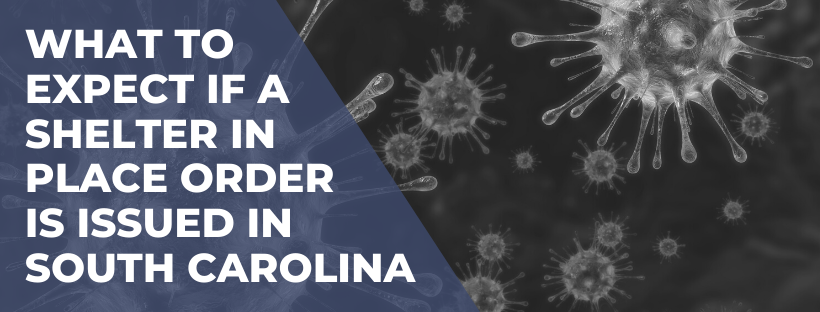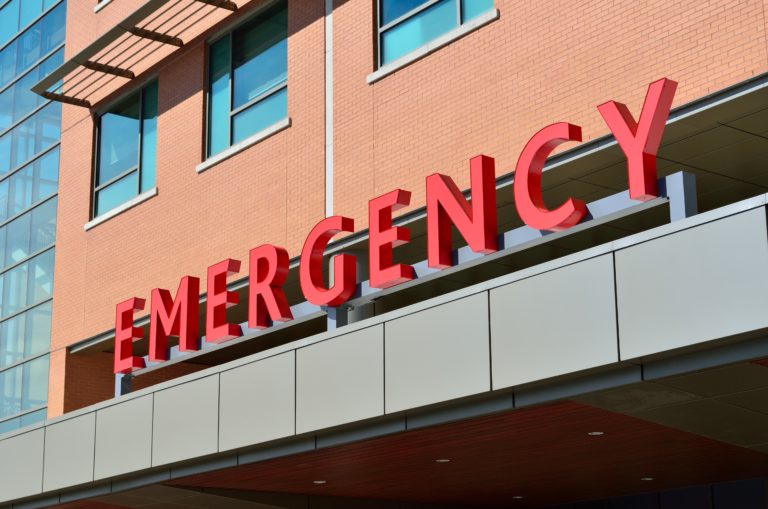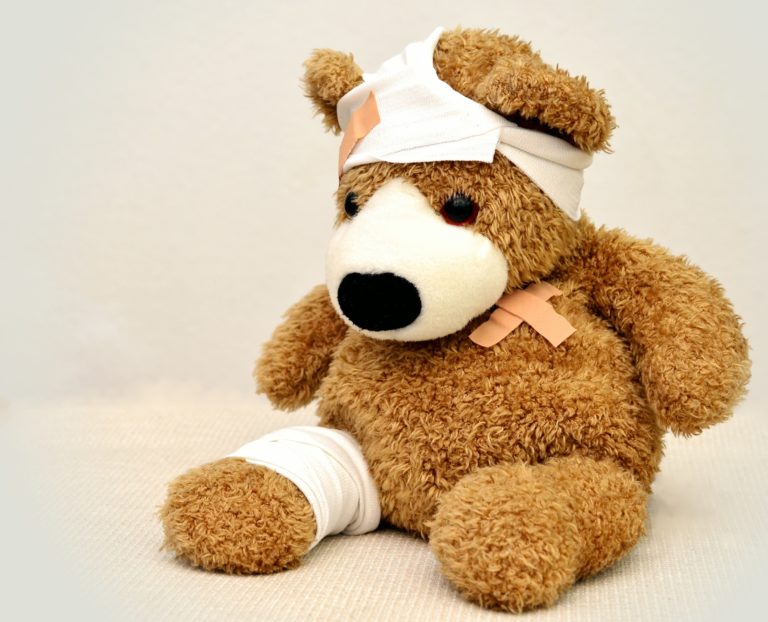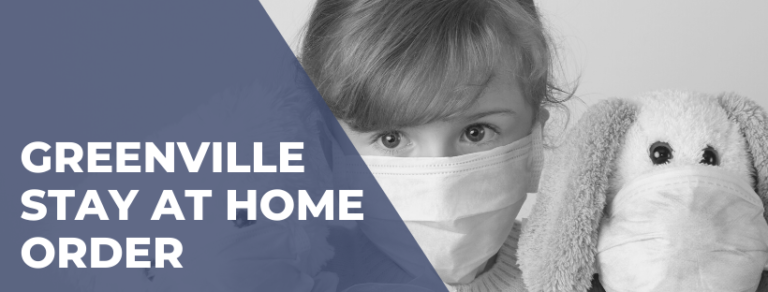As the coronavirus continues to spread, more and more states are starting to shut down. In addition to issuing “stay and home” (shelter in place) orders. Earlier this week, on Monday, Governor Henry McMaster stated the idea of a shelter in place order for the state of South Carolina isn’t off the table. While the shelter in place order isn’t official yet, he’s continuing to urge South Carolina residents to stay home.
Unfortunately, despite the efforts of some to prevent the further spread of the disease across our great state, there are still many people not using good common sense. A lot of people are still congregating in large numbers. Including going to beaches in large crowds and flocking to shopping centers. They’re not practicing social distancing, which leads to greater opportunities for the spread of the COVID-19 virus.
Similar actions from people in other states have led their own governors to issue drastic measures like shelter in place orders. We may still be on our way to having a similar event happen here. So here’s what a shelter in place order would mean for South Carolina should it happen.
Essential Businesses Only
If McMaster were to issue a shelter in place order for South Carolina, you can expect a list following. Stating what businesses are deemed “essential” or “nonessential”. Essential businesses will be allowed to continue with their regular work. Though employees may be required to provide a letter from their employer and proper identification while traveling to/from work.
If businesses are able, they may be forced to have their employees work remotely. To give you a better idea, here are businesses that other states have considered essential:
- Healthcare & Related Operations (such as hospitals, pharmacies, medical marijuana dispensaries and producers, research labs, physical therapy and chiropractic clinics, nursing homes, medical supplies and equipment providers, and others)
- Law enforcement
- Grocery stores and big-box/wholesale clubs that sell groceries, health products, and operate pharmacies
- Pet and pet supply stores
- Restaurants/bars (delivery/pick-up only)
- Food banks
- Homeless Shelters
- Commercial trucking
- Gas stations
- Water and wastewater operations, electricity providers, trash and recycling collection, and other common utilities
- News & media
- Legal services
- Mail and shipping services
- Financial institutions, including banks, credit unions, and check cashing services
- Funeral homes, crematoriums, and cemeteries
- Religious services
- Laundromats
- Animal shelters
- Auto supply, repair, towing, and service centers, including roadside assistance
Note: this is not a complete list nor should you use it to determine whether or not your own job is considered essential. Essential jobs have shown to vary across different states. It’s just a resource to give you a better understanding as to what to expect should we enter a statewide shelter in place shutdown.
Stay At Home
A shelter in place order requires state residents to stay at home. Typically, people can leave for essential activities like grocery shopping, doctors appointments, and getting equipment they need to work from home. A shelter in place allows people leave home to take care of others. Such as for an elderly family member or pet in another household. Many states, having closed gyms and rec centers, have allowed public parks to remain open. People can leave their homes to exercise and walk their pets outside. 6 feet away from others (as recommended by the CDC), of course.
What is the difference between a Shelter in Place order and social distancing?
Social distancing is the first step in preventing the spread of diseases like COVID-19. It allows people to go about their day as usual. While taking a few extra steps to protect the health and safety of themselves and others. Social distancing is recommended though not mandatory. A shelter in place, on the other hand, is a mandatory order issued by the state. It requires people to stay at home, unless they have an essential job or are doing an essential task. Like going to the grocery store or walking a pet outside.





